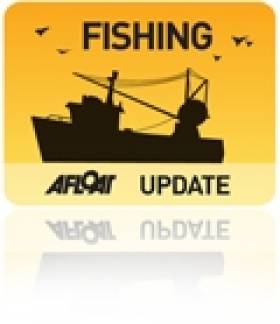Displaying items by tag: Ocean 2012
Significant EU Fishing Reforms On The Way
Fishing boats will have to land their entire catch - whether or not the fish are in a saleable condition - according to new European Union proposals.
The Guardian reports that EU fisheries commissioner Maria Damanaki has pledged to bring and end to the "nightmare of discards" in response to the high-profile campaign against the practice of fishermen dumping dead fish from their catch.
Half of all fish in the North Sea - and up to two-thirds in other areas - are thrown back under the quota system implemented under the EU's common fisheries policy.
Damanaki said that her proposed reforms to the system would be phased in over a number of years pending approval by the European parliament.
She acknowledged the concerns of fishermen, who fear the value of their catch will plummet if they are not allowed the choice of which fish to keep, but said they would benefit in the long term as ending discards would help to protect stocks of commercial fish.
Meanwhile, Irish conservation groups have joined a worldwide campaign to put the environment at the heart of the EU's fishing reforms.
The Irish Times reports that Birdwatch Ireland, Coastwatch Europe, the Irish Wildlife Trust and Irish Seal Sanctuary have all signed up to the Ocean 2012 initiative, which hopes to work with the fishing industry to find a balance that preserves both the ecosystem and fishermen's livelihoods.





























































